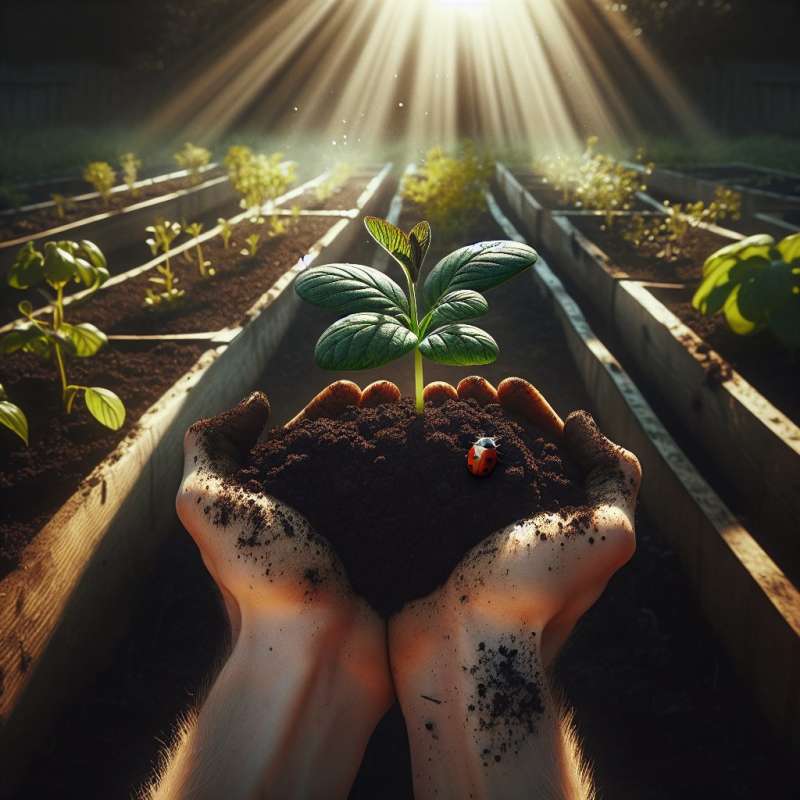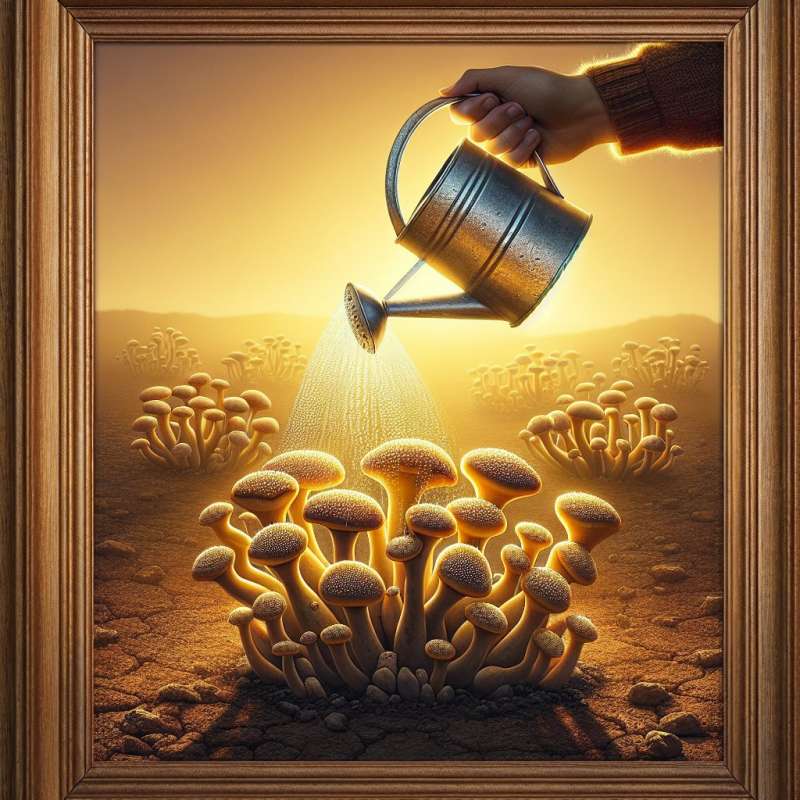
Gardening: An Introduction
Gardening goes beyond mere decoration. It's responsible for producing 80% of the world's food. Surprisingly, plants can communicate distress using chemical signals, alerting nearby plants to potential dangers such as pests.
Soil Composition Matters
The perfect garden soil is called 'loam.' It's a balanced mix of sand, silt, and clay. Loam retains moisture but drains well, providing oxygen for root growth. Surprisingly, worms can increase soil fertility by aerating it as they move.
The Right Plant Selection
Native plants often thrive with minimal care. Fascinatingly, some plants, like the 'Rafflesia arnoldii,' have adapted to specific environments to the extent they're found nowhere else in the world, co-evolving with their local ecosystems.
Watering Wisely
Overwatering is as harmful as underwatering. Plants like 'Lithops' have adapted to survive months without water. Timing is crucial; the best time to water plants is in the early morning or late afternoon to reduce evaporation.
Pruning: Encouraging Growth
Pruning isn't just for aesthetics; it promotes healthy plant growth. Surprisingly, some plants can heal from wounds, using a process called 'compartmentalization' to isolate damage and prevent the spread of disease.
Beneficial Insects
Not all insects are pests. Ladybugs, bees, and butterflies can significantly benefit your garden. Bees are incredible pollinators, supporting plant diversity and aiding in food production for a vast number of species.
Gardening and Mental Health
Gardening is not just physically rewarding. Studies show it reduces stress and promotes mental well-being. Surprisingly, Mycobacterium vaccae, a bacteria found in soil, has been shown to increase levels of serotonin and reduce anxiety.Plants Sense Touch
Some plants can recognize when they're being touched and can even differentiate between a human touch and a gust of wind.
What % of food does gardening produce?
Roughly 50% worldwide
Nearly 80% globally
About 30% internationally
Company